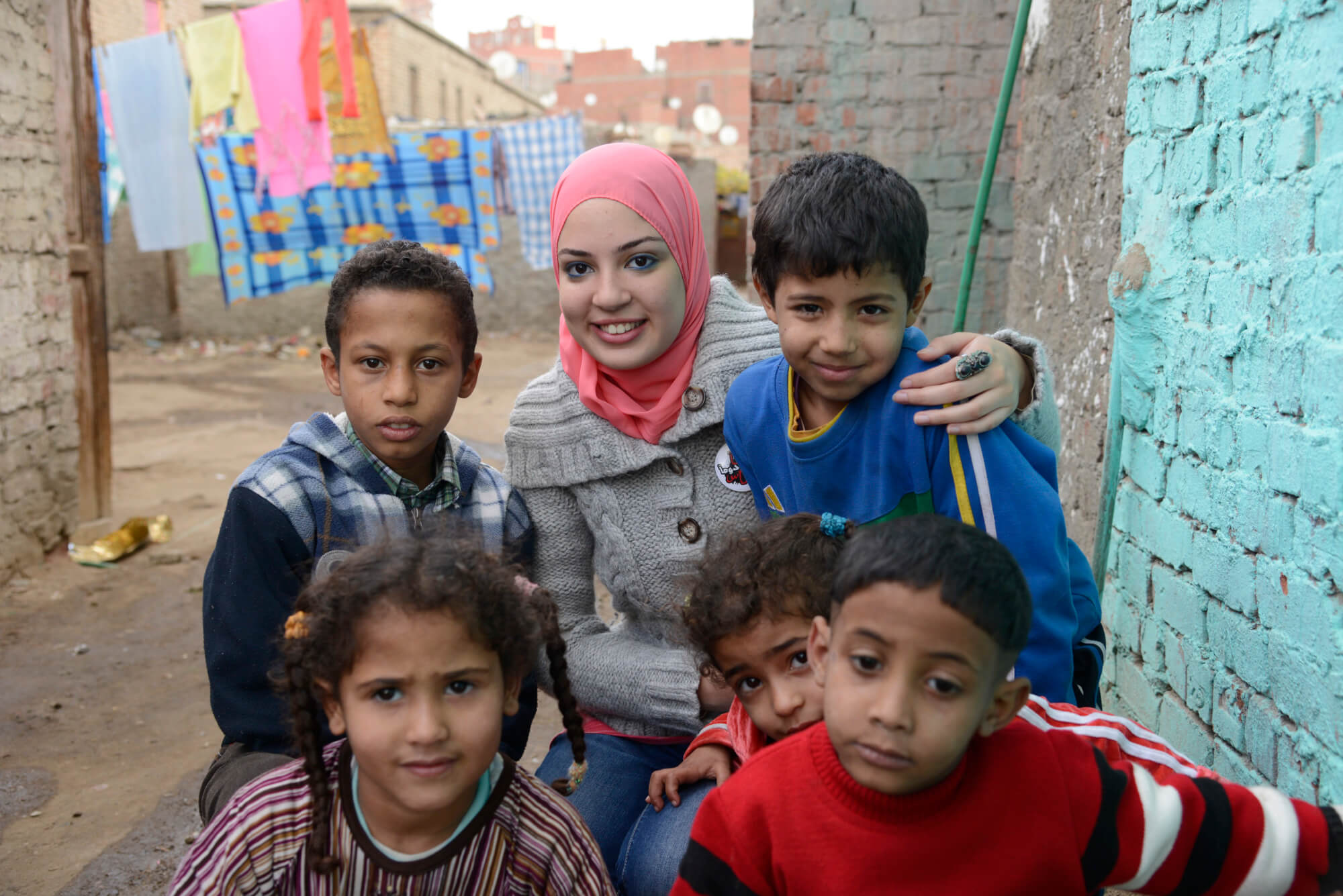
Who We Are
What We Do
At J-PAL, we believe investing in rigorous research is essential to finding solutions to the world’s greatest challenges. Working with implementing partners, J-PAL’s affiliated professors conduct randomized impact evaluations to test and improve the effectiveness of social programs.
J-PAL affiliates have led more than 1,000 randomized evaluations across a diverse range of topics, from clean water to microfinance to crime prevention. The research group at J-PAL helps create the infrastructure necessary to support our affiliates’ research around the world.
Research staff forge relationships with implementers on the ground and contribute to the design of survey instruments, data collection, statistical analysis, and data publishing. Together, affiliated professors and research staff have established J-PAL as a leader in running high-quality impact evaluations.
We also create practical research resources and make them accessible to all. We focus on tools designed to help researchers develop and carry out randomized evaluations, and to support those teaching the method to others.
Our comprehensive resource library features evaluation manuals, templates and examples of different analysis and survey tools, coding tools for STATA, guidelines on ethics and transparency, and sample lecture slides and case studies. J-PAL also provides affiliated professors with grants and technical assistance to promote research transparency.
In addition to generating research resources, J-PAL staff serve as “matchmakers,” helping connect affiliates with implementing partners to catalyze new research and innovation. Our funding initiatives for affiliated professors support randomized evaluations that seek solutions to policy challenges in governance, post-primary education, healthcare delivery, and child health, among other topics.
In this way, J-PAL research contributes to the ecosystem of knowledge and evidence on key questions in social policy and international development.
J-PAL translates research into action, promoting a culture of evidence-informed policymaking around the world. Our policy analysis and outreach helps governments, NGOs, donors, and the private sector apply evidence from randomized evaluations to their work, and contributes to public discourse around some of the most pressing questions in social policy and international development.
J-PAL bridges gaps between researchers and policymakers. We understand that for data and research to be influential, it must address local priorities and be accessible to decision-makers.
We work with J-PAL affiliated professors to distill results from rigorous impact evaluations into lessons that are clear, concise, and relevant to policymakers. With an in-depth understanding of the landscape of high-quality scientific research, we develop and disseminate cross-cutting policy insights and work with partners to create frameworks for scaling up effective programs.
J-PAL also builds partnerships with governments, NGOs, and high-level decision-makers to share frameworks for applying global evidence to local contexts, and to support use of evidence to drive policy reform. This includes providing funding, technical assistance, and embedded staff to help shape programs and policies that deliver results.
To date, J-PAL’s research and policy outreach work has contributed to cost-effective programs being scaled up to reach more than 540 million people, from Kenya to Indonesia to France.
With a focus on learning and innovation, J-PAL works to build the capacity of researchers who produce evidence, policymakers and donors who use it, and advocates of evidence-informed policy. We create university-level open online courses and deliver in-person training programs around the world that help people become better producers and users of scientific evidence.
While the idea of impact evaluations is intuitively simple, following rigorous methods is important to ensure that research is of the highest quality and relevant to policymakers.
J-PAL’s suite of training resources includes in-person Executive Education courses, customized workshops for governments and other partners, and several free online courses.
At our trainings for policy partners, participants discuss the importance of needs assessments, theories of change, effective outcome measurements, quality control, and monitoring, all tools that are critical for conducting impact evaluations. Trainings also help decision-makers distinguish high-quality evidence from low-quality evidence.
Many of our lecture videos, case studies, and other teaching resources are available online at no cost.
J-PAL and MIT Economics have also developed a series of rigorous online courses to educate learners on use of data in policymaking as part of the MITx MicroMasters in Data, Economics, and Development Policy.
Through online courses and in-person exams, MicroMasters participants gain a strong foundation in microeconomics, development economics, and probability and statistics, and engage with cutting-edge research in the field. Most MicroMasters courses are taught by MIT professors and are open to all who are interested in using evidence to promote effective policies and programs.
The Poverty Action Lab was founded in 2003 at the Massachusetts Institute of Technology (MIT) by professors Abhijit Banerjee, Esther Duflo, and Sendhil Mullainathan, with the goal of transforming how the world approaches the challenges of global poverty. In 2005 the lab was named in honor of Abdul Latif Jameel, the father of MIT alumnus Mohammed Abdul Latif Jameel and founder of the Abdul Latif Jameel company. J-PAL receives continued support from Community Jameel, an organization established in 2003 to continue the Jameel family's tradition of supporting social and economic sustainability.
Today, J-PAL’s core staff includes more than 400 research, policy, education, and training professionals across seven offices worldwide.
Our work is generously supported by visionary foundations, governments, and individuals. Major donors include Arnold Ventures, Co-Impact, Community Jameel, Echidna Giving, The Bill and Melinda Gates Foundation, Google.org, The William and Flora Hewlett Foundation, King Philanthropies, The John D. and Catherine T. MacArthur Foundation, The Douglas B. Marshall Jr. Family Foundation, Omidyar Network, The Alfred P. Sloan Foundation, the Australian Department of Foreign Affairs and Trade, and the UK Foreign, Commonwealth & Development Office.